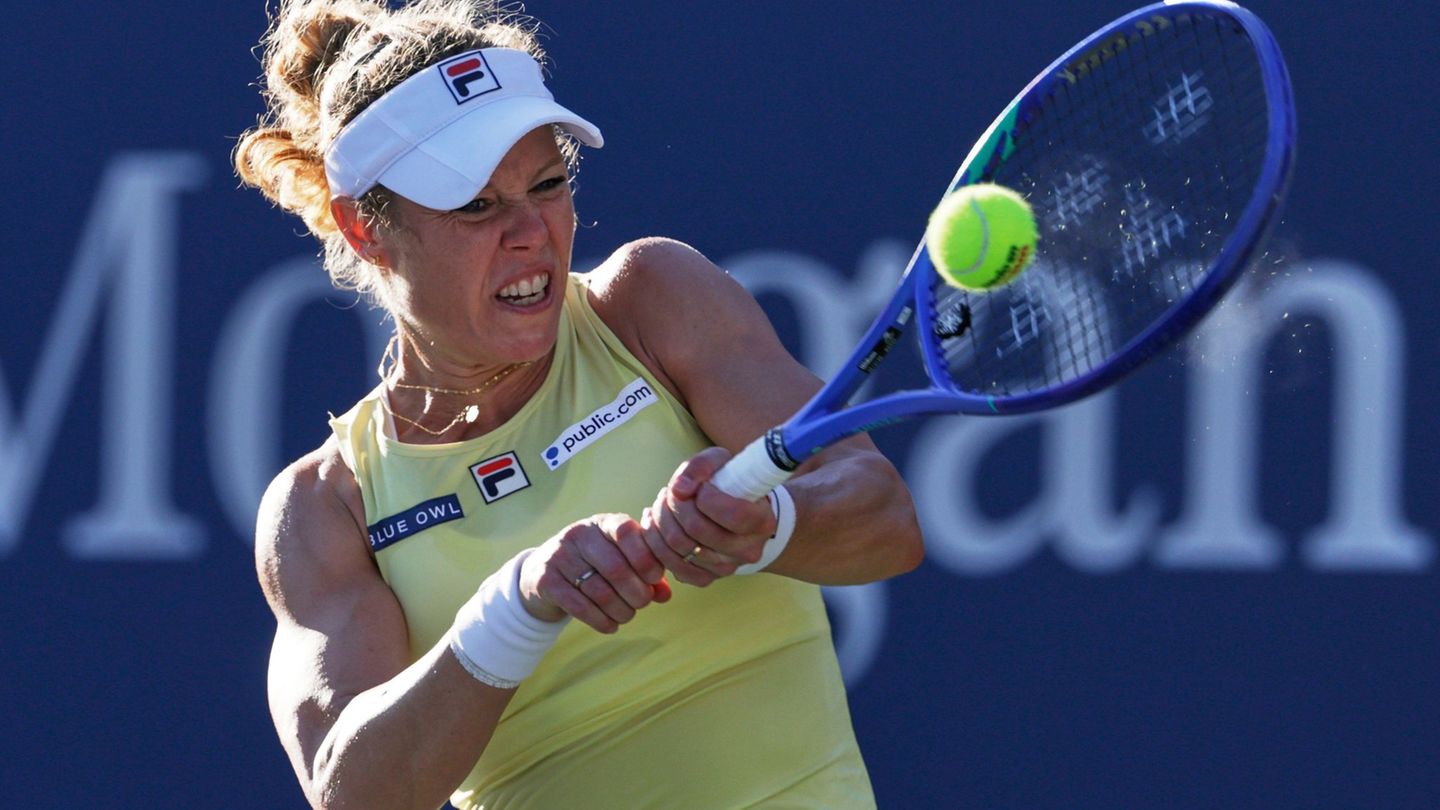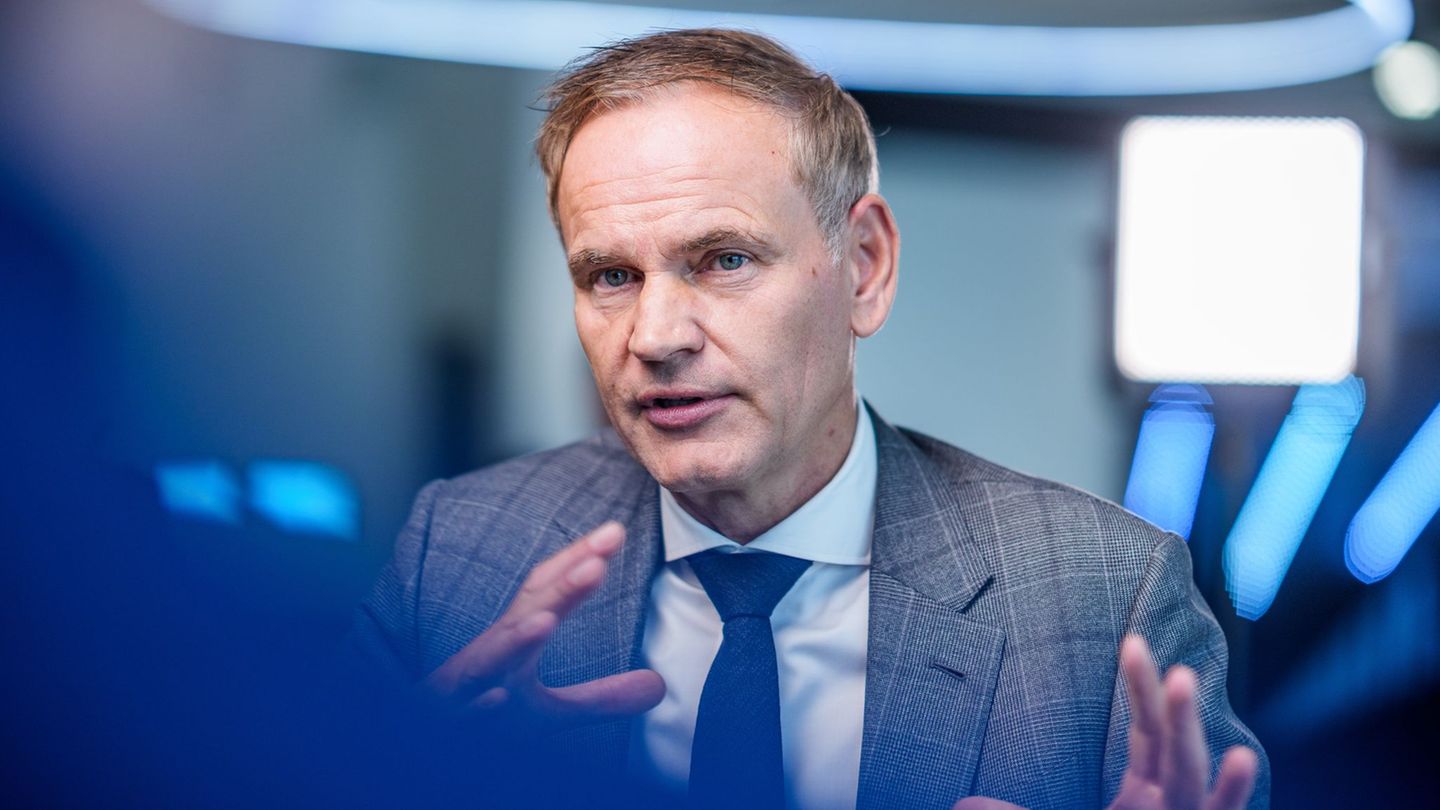Major oil exporters are negotiating how much of the raw material will be pumped out of the earth from August onwards. It’s about the economic outlook, corona risks and oil revenues.
The negotiations on the oil production strategy of the OPEC cartel and its ten partner countries stalled on Friday.
An official online meeting planned for the afternoon was delayed until the evening. Analysts assumed that there could still be no agreement on Friday and that the negotiations might drag on into the weekend.
In view of the expected economic upturn and the continuing corona risks, the group known as Opec + is basically planning to gradually increase production from August to the end of the year. As early as Thursday, the group could not agree on who was allowed to pump how much more oil.
Among other things, the United Arab Emirates demanded a higher increase for their country. They pointed out that their production capacity had increased in recent years. So that overall not too much oil flows into the market, Saudi Arabia could produce less in return, said analysts at Unicredit. “We expect an agreement to be reached, even if the negotiations are tense and could drag on until the weekend,” they wrote.
Saudi Arabia, the largest producer of the Vienna-based Opec, is known for its reluctance when it comes to increasing production volumes. Russia, which leads Opec’s cooperation partners, is advocating a more liberal strategy. Overall, the signs point to a cautious increase in production, as the alliance of oil exporters is keeping an eye on the more contagious virus variants and the consequences of the huge corona aid on national budgets.
Jane Stock is a technology author, who has written for 24 Hours World. She writes about the latest in technology news and trends, and is always on the lookout for new and innovative ways to improve his audience’s experience.



